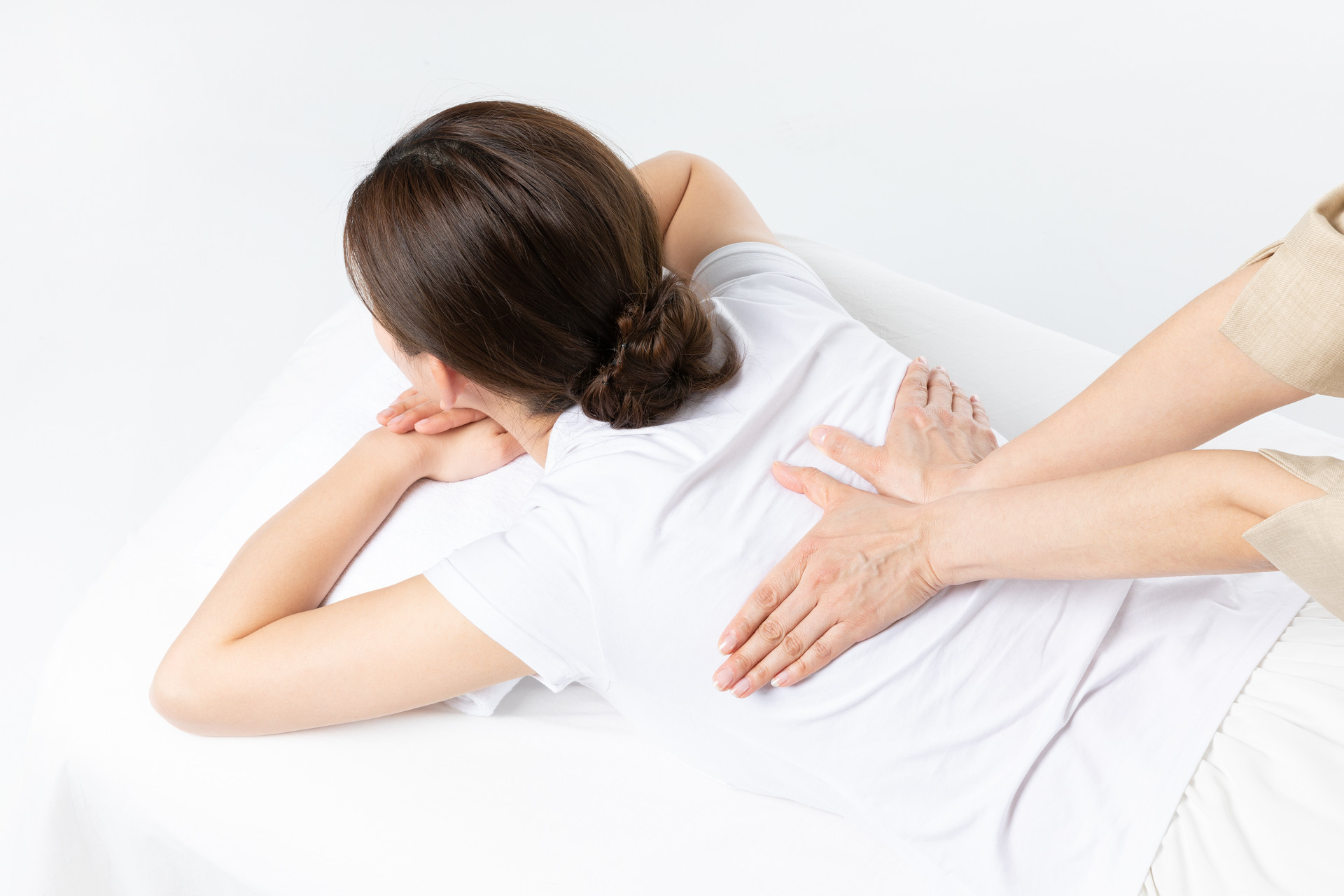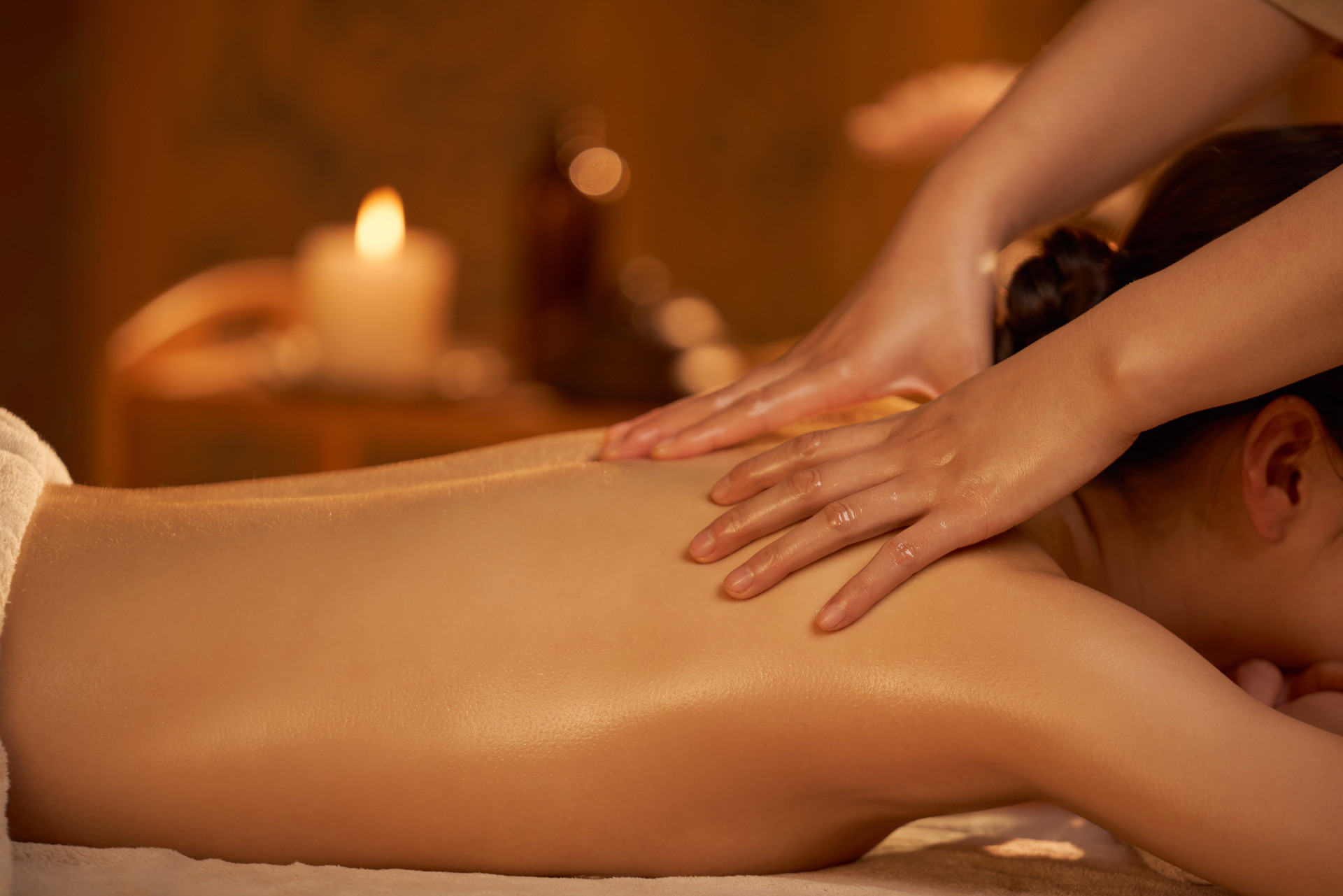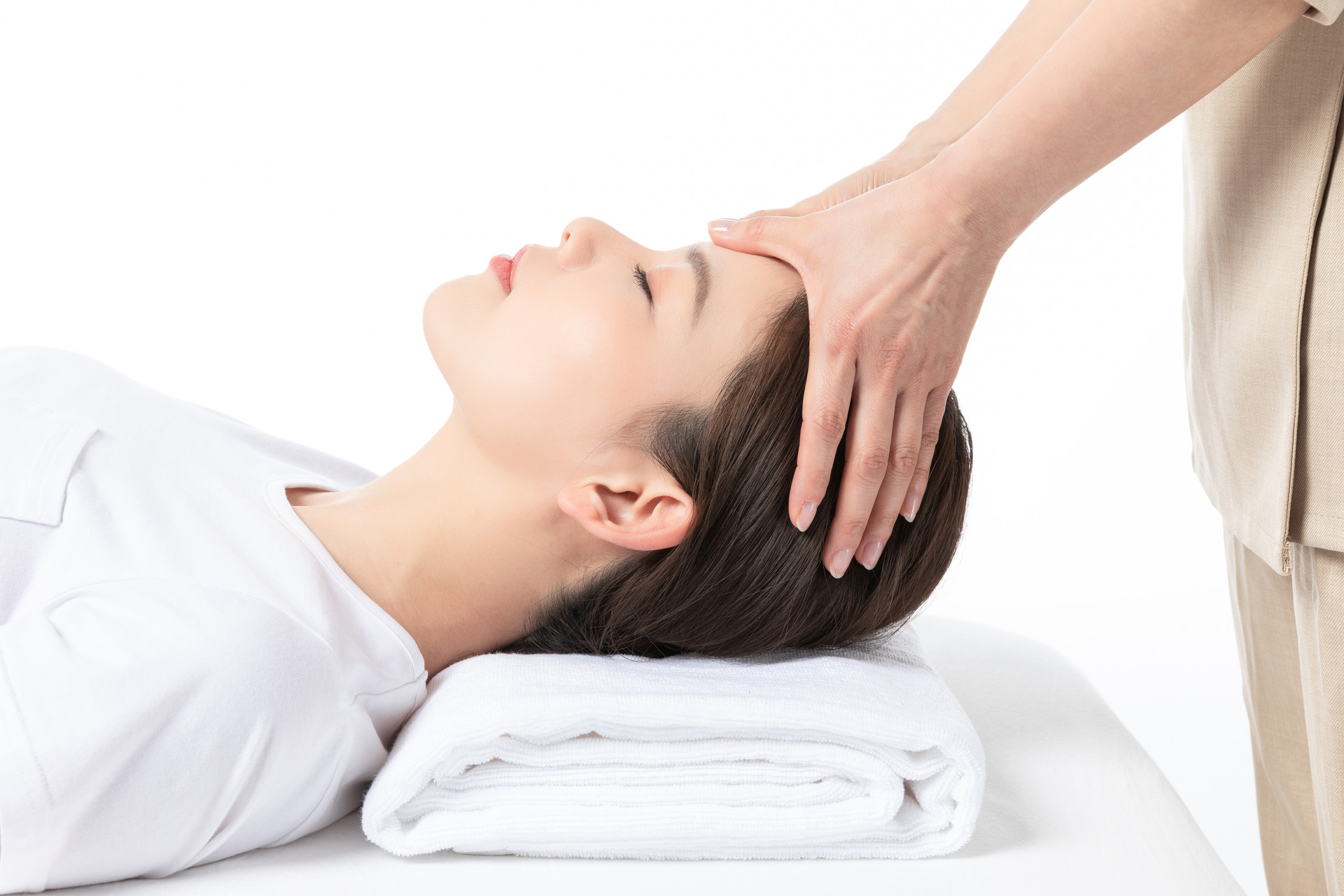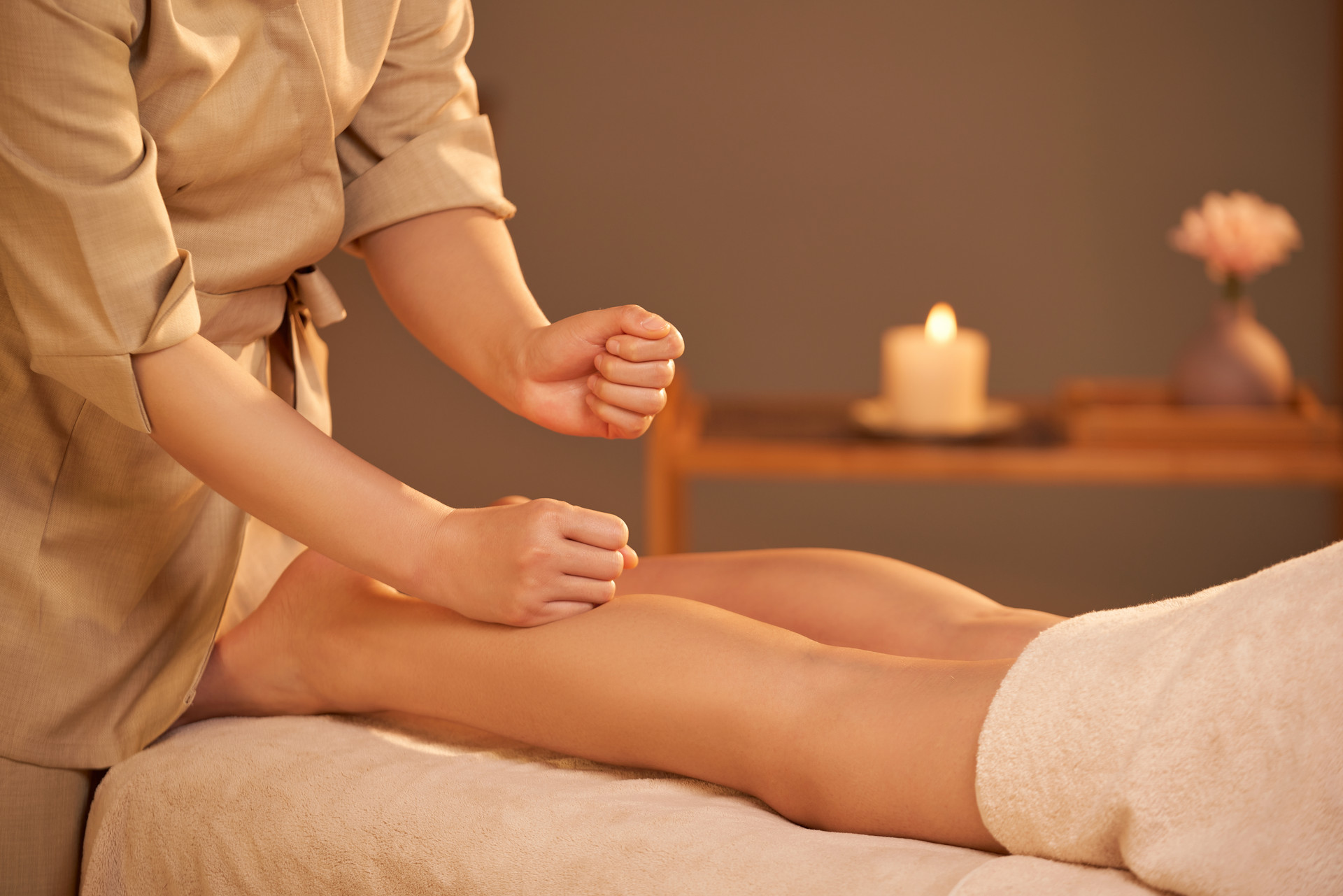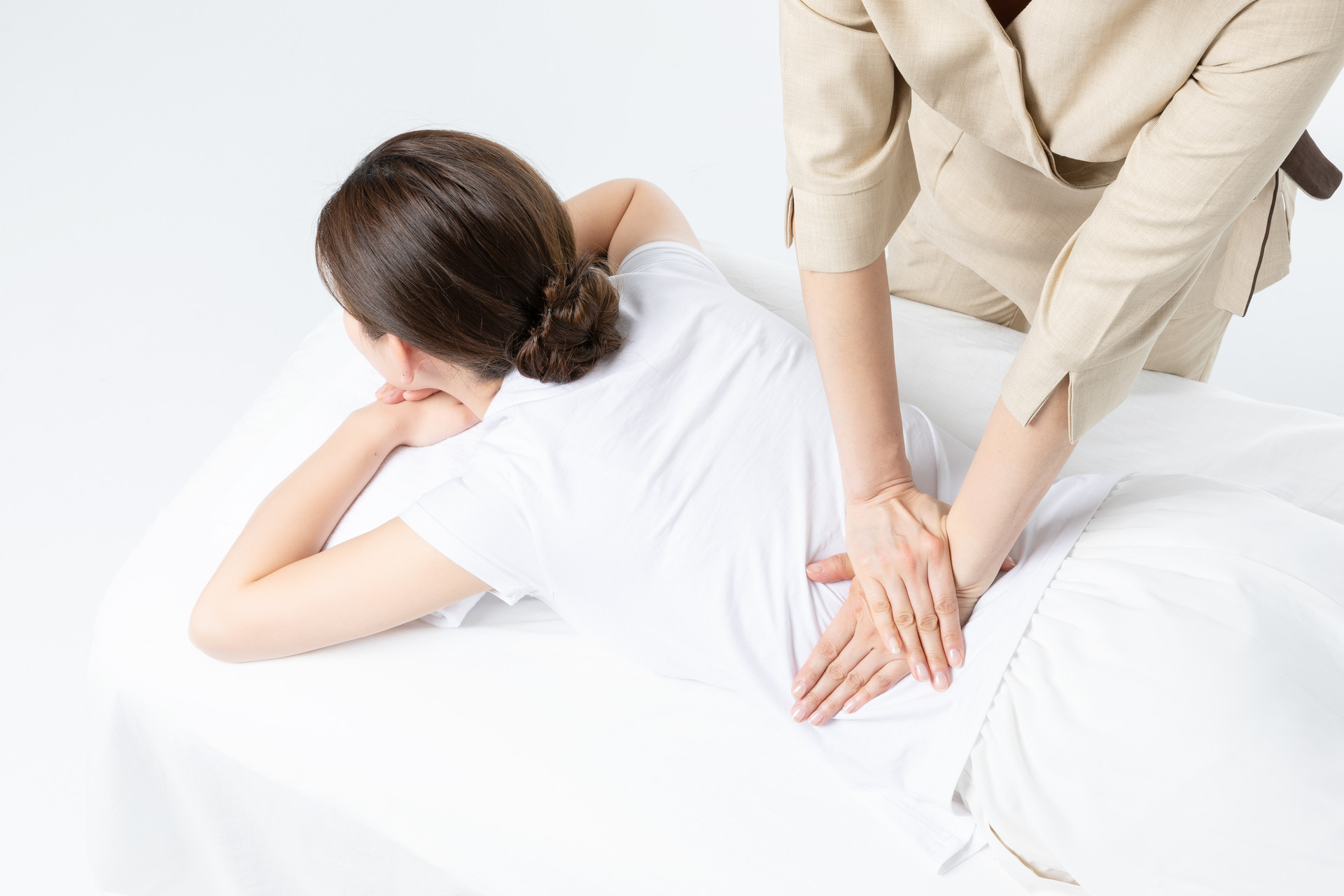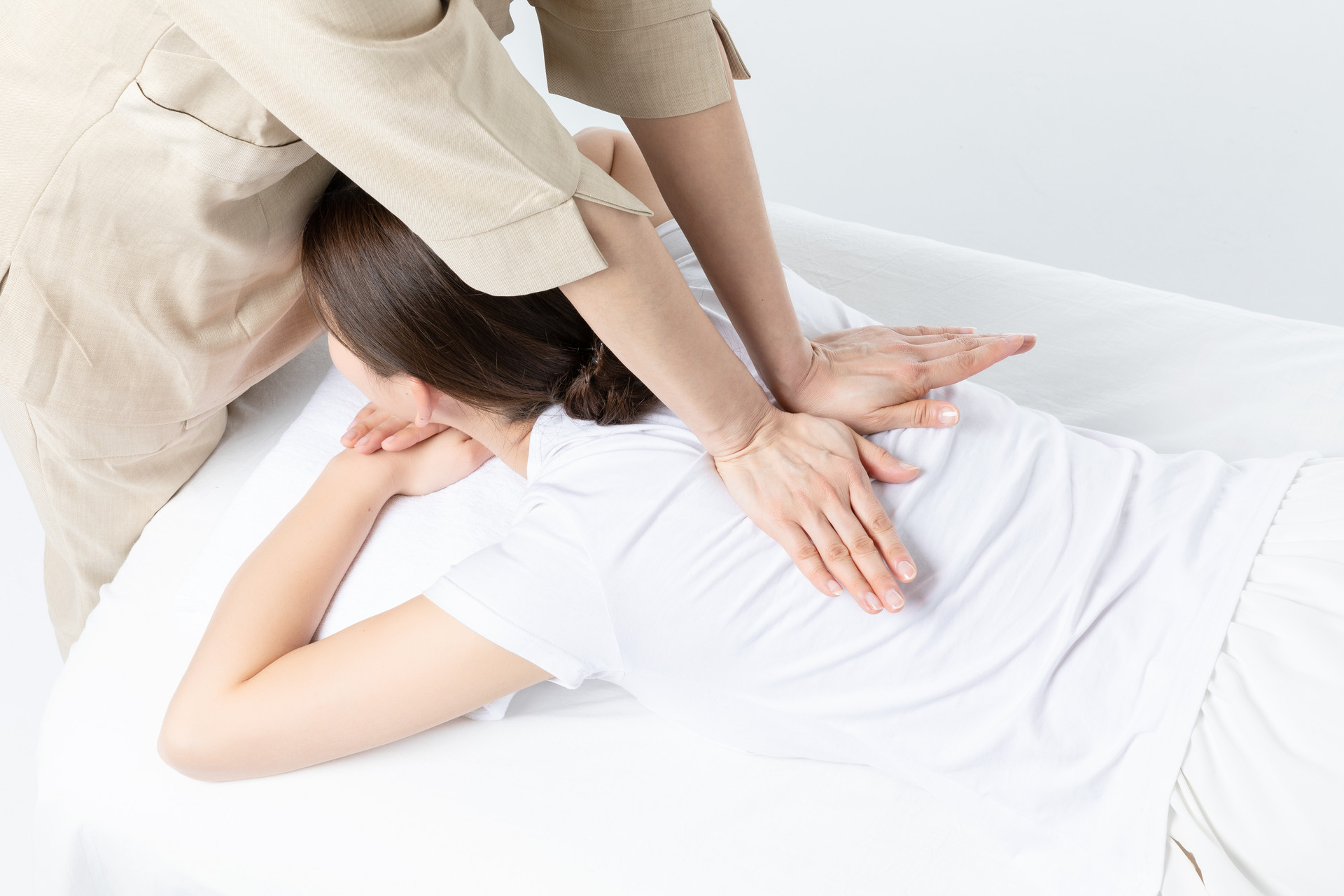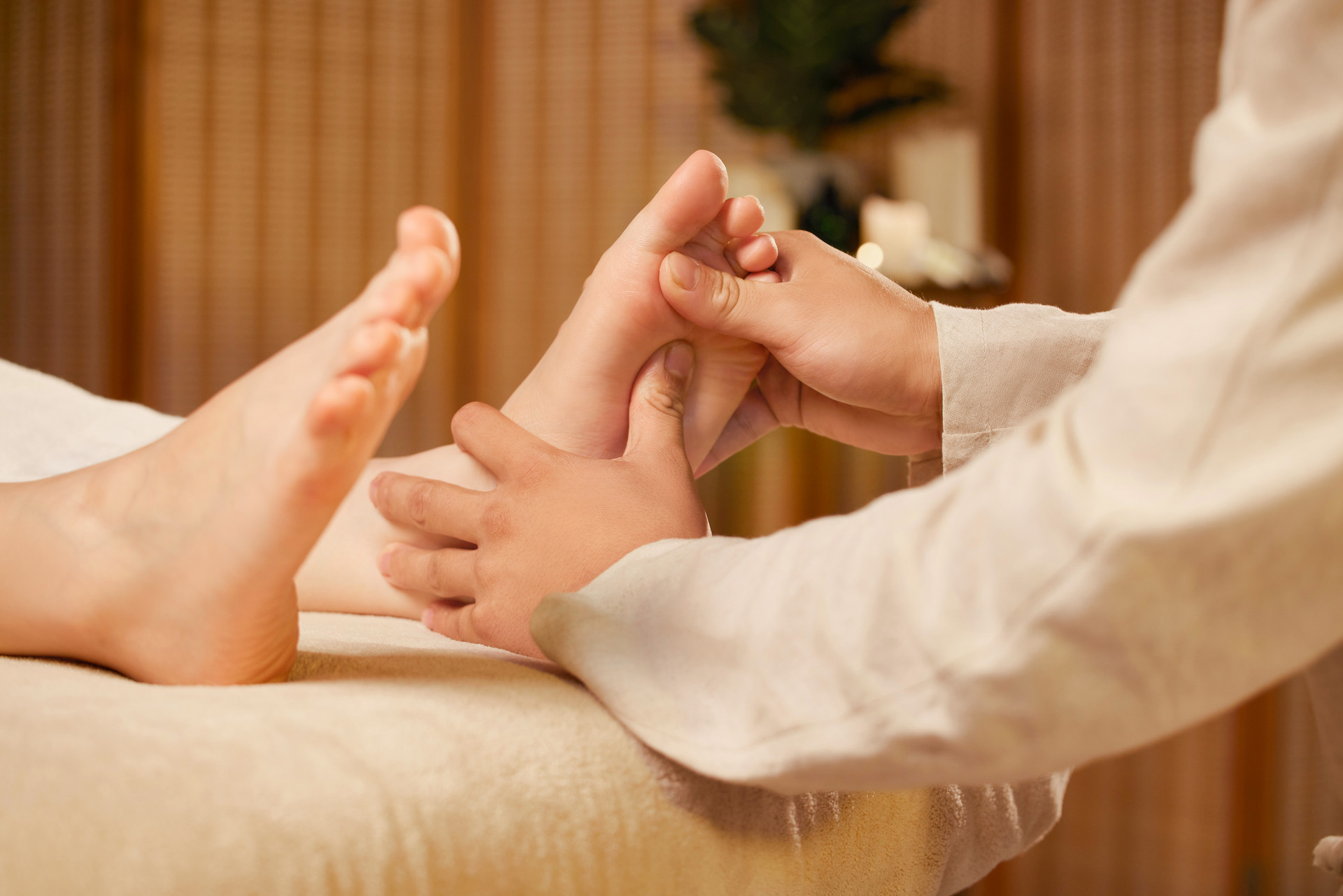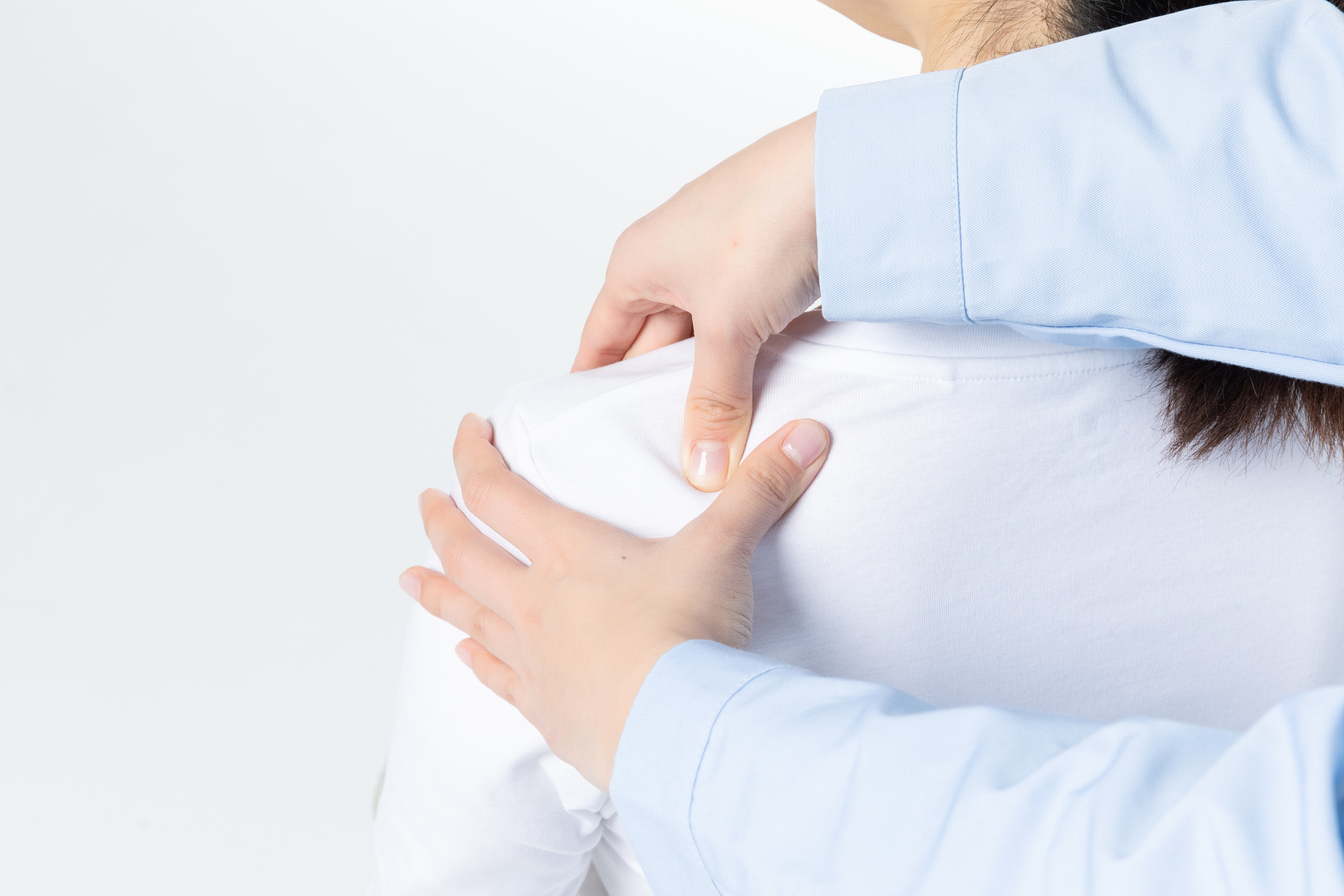Baby Diarrhea
Almost every baby has experienced diarrhea more than once, especially younger babies. Therefore, it is one of the most common "four diseases of infants" that babies are prone to. When babies have vomiting and diarrhea, mothers are very worried and wish for the baby to recover quickly! Therefore, they give various medications without hesitation.
However, instead of getting better, babies may have uncontrollable diarrhea that lasts for several months, which greatly affects their growth and development and sometimes even endangers their lives. In order for babies to grow up healthy and safe, mothers should learn more about the prevention, treatment, and care of baby diarrhea.
Baby diarrhea is a disease caused by various pathogens and causes. Most of the affected children are babies under 2 years old, and infants aged 6-11 months are particularly susceptible.
The incidence of diarrhea is second only to acute respiratory infections, and if not treated promptly and effectively, the mortality rate is also high. Dehydration and electrolyte imbalance caused by diarrhea are important causes of death.
Causes of Baby Diarrhea
Reason 1: Because babies aged 1-2 grow and develop rapidly, their bodies require more nutrients and energy. However, the digestive organs are not fully mature and secrete less digestive enzymes. Therefore, their digestive capacity is weak and prone to diarrhea.
Reason 2: Because the nervous system has poor regulation function on the stomach and intestines, any slight change in diet, such as intolerance to added weaning food, too many types of food added in a short period of time, or feeding too much at once, sudden weaning; or improper diet, such as eating hard-to-digest protein-rich foods; low temperature causing increased intestinal peristalsis due to coldness, hot weather leading to reduced secretion of digestive juices, and large temperature difference in autumn causing susceptibility to cold in the abdomen, etc., can cause diarrhea.
Reason 3: Because the overall and gastrointestinal immune function of babies is low, any food or utensils that are slightly contaminated can cause diarrhea. Babies are more prone to respiratory infections due to their lower resistance, and diarrhea can also occur during colds, pneumonia, and otitis media.
Massage can also be used to treat baby diarrhea. Let's take a look at how to perform massage therapy.
Massage the Zhongwan Acupoint

The child lies supine, and the parent massages the Zhongwan acupoint in a clockwise direction for 1 minute.
Location: 4 inches above the umbilicus (the midpoint between the lower end of the sternum and a line connecting to the navel).
Techniques:
1. Rubbing the Zhongwan Acupoint: Rub the acupoint with fingertips or the root of the palm for about 2-5 minutes.
2. Kneading the Zhongwan Acupoint: Knead the Zhongwan acupoint with the palm or four fingers for about 5-10 minutes.
Indications: Diarrhea, vomiting, abdominal pain, bloating, loss of appetite, etc.
Preventing Baby Diarrhea
Compared to constipation in adults, the most common condition in infants and young children is diarrhea in autumn. It is an acute enteritis caused by rotavirus and mostly occurs in infants aged 6-12 months, with fewer cases after 4 years old. The disease is more common in the months of September to December.
Infant autumn diarrhea is transmitted through fecal-oral route and can also be caused by respiratory infections. The onset is sudden, often accompanied by fever, cough, and runny nose. Vomiting occurs at the beginning of the disease, followed by watery stools. The frequency, volume, and fluid content of the stools are high, with yellow watery or egg-drop-like stools, often accompanied by dehydration and acidosis. This disease is self-limited, and the course of the disease is usually 3-8 days. With timely treatment, most cases can recover quickly.
To prevent diarrhea caused by rotavirus, parents should pay more attention to:
1. Breastfeed infants to reduce the occurrence of diarrhea; try to avoid contact with infants with diarrhea; introduce complementary foods to infants gradually, avoid introducing multiple types of food at the same time or too much of one kind of food, and ensure the freshness of the food; keep the utensils clean, boil and disinfect the feeding utensils once a day, and wash them thoroughly after each use. Do not use unclean hands to touch the nipple. Do not use mouth to clear the nipple when it is blocked to prevent diseases from entering through the mouth; strengthen outdoor activities to enhance the baby's physical fitness.


